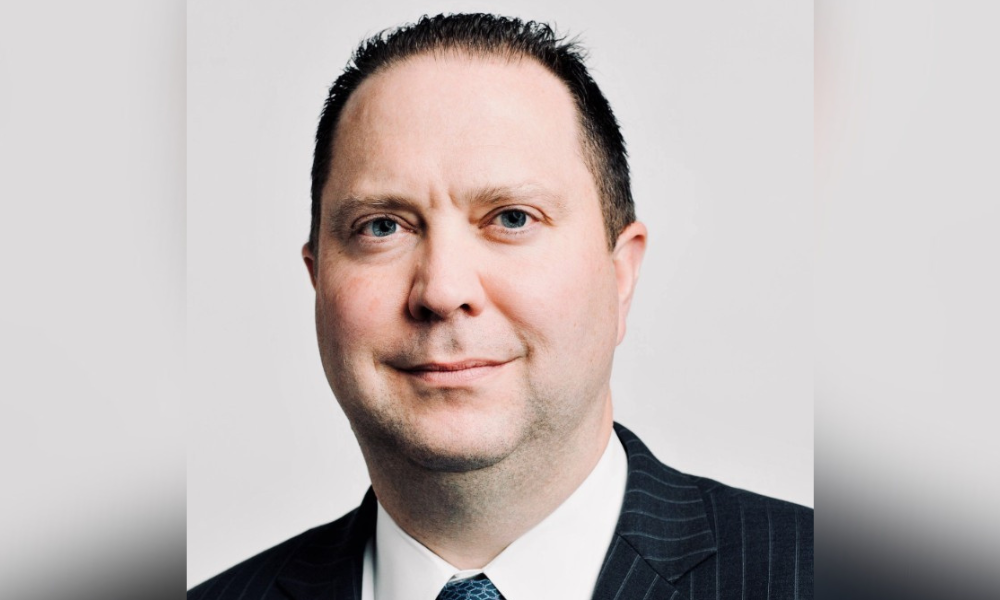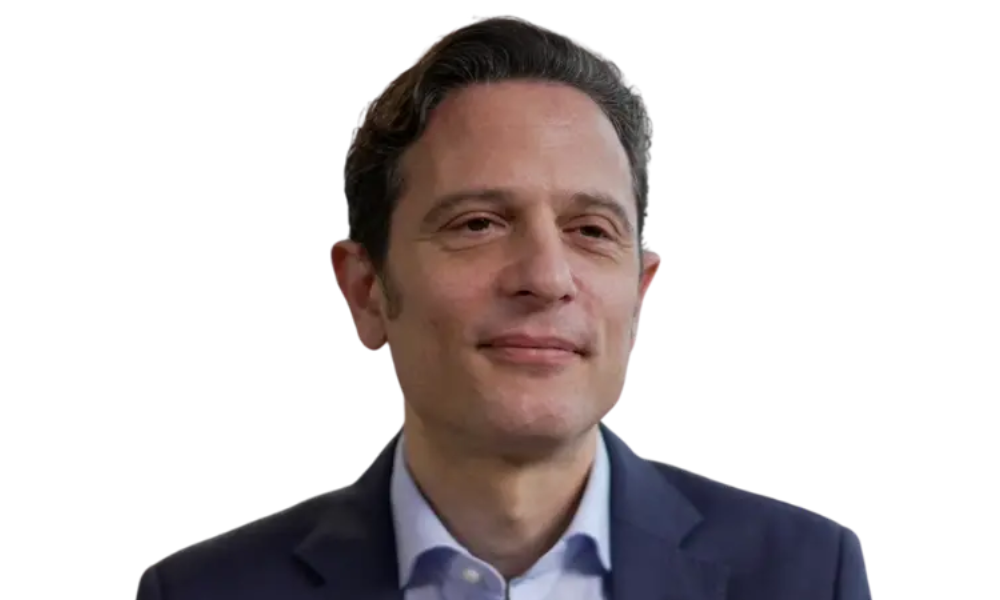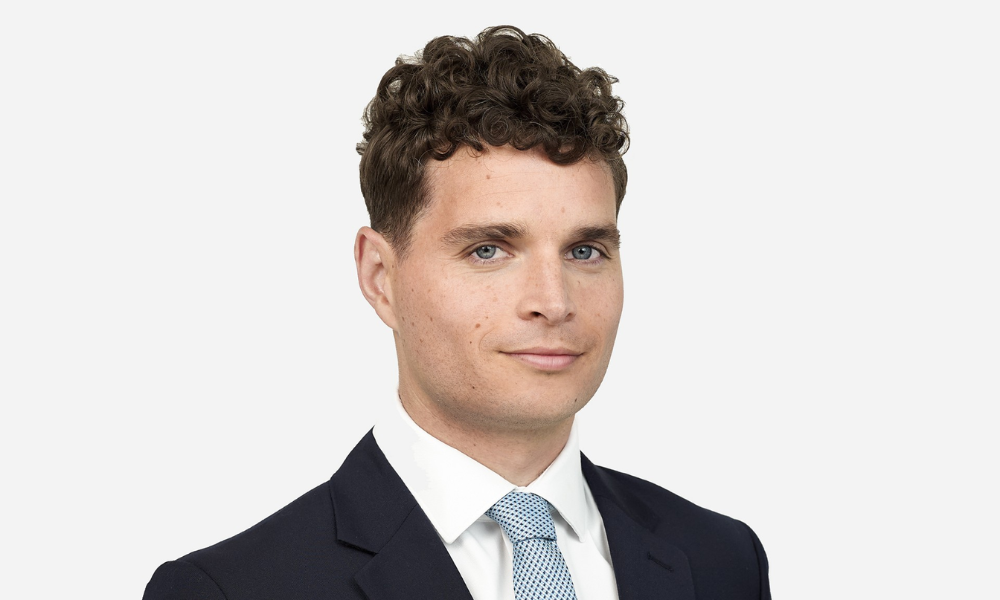

Flight disruptions and premium volatility
Following the escalation, Iranian, Iraqi, and Jordanian airspace was shuttered, and Israel’s Ben Gurion airport ceased operations entirely. Eurocontrol has reported the disruption of nearly 2,000 European flights, with 650 cancellations within a single day. Insurers now face increased liabilities linked to aviation war risk covers, while airlines are re-routing via Saudi and Turkish airspace, incurring significant cost escalations.


The FCA, for its part, pointed to recent efforts to cut back on bureaucracy and increase efficiency. A spokesperson noted the regulator has reduced data reporting requirements, removed outdated supervisory materials, created a private market framework for securities, simplified insurance regulations, and is advancing reforms aimed at clarifying redress processes for firms and consumers.


“We’re seeing much more detailed inquiries,” Porter said. “What’s the specific risk in this region, at this site? Customers, brokers, and other partners are involving us earlier in the decision process. That’s a shift from even five to 10 years ago, when insurers often only found out after the expansion. Now we’re part of the planning, and that’s a great change.”


“While our financial results are far from Starbucks’ potential, we are working to build back a better business,” said Cathy Smith, chief financial officer, in a previous statement. “We are developing new muscles to test, iterate and scale quickly, in service of long-term, durable growth and strong returns on invested capital.”


“Applied Systems invests heavily in innovation and market expansion where we believe we can create new value for independent insurance agencies and brokerages,” said Taylor Rhodes, chief executive officer of Applied Systems. “Our decision to bring Applied Epic into the UK market was based on our belief that the UK broking community desired new BMS alternatives, but we struggled to deliver a fully featured product in the face of competitors with incredibly strong positions in the market. As in any business, you take calculated risks, and some of them play out and return significant value and others do not. While this investment did not work out, recognising this fact now presents us with the opportunity to reallocate capital toward other investments that are supporting our winning position in our other markets.”


At the same time, brokers must work with carriers to ensure the products fit the needs and budgets of SMEs. For Lezzi, the future of the cyber insurance sector hinges on a blend of forward-looking risk management, adaptable product design, and global education, especially for underserved market segments.


Cyber and D&O: Two of the biggest missed opportunities
Treloar pointed to cyber and directors and officers (D&O) insurance as two key areas where clients are often exposed, despite clear risk signals. “There are still many customers that should purchase [cyber cover] that don’t,” he said. “Equally, I think the same is true for D&O.” S&P Global Ratings noted in a recent webinar that “only 5% to 10% of small and medium-sized enterprises currently hold cyber insurance.” For D&O, a Global Information report found that “39.9% of SMEs now have D&O (excluding sole traders), a figure that rises along with company size.” Treloar added: “We want to find solutions for these exposures for all of our customers as well, and to support them as the world continues to evolve.”


The acquisitions, finalised within a five-month period, respond to increasing client demand for support in navigating regulatory compliance, sustainability requirements, and cyber risk. Each acquisition brings in targeted expertise to address shifting expectations from regulators, stakeholders, and supply chain partners.




